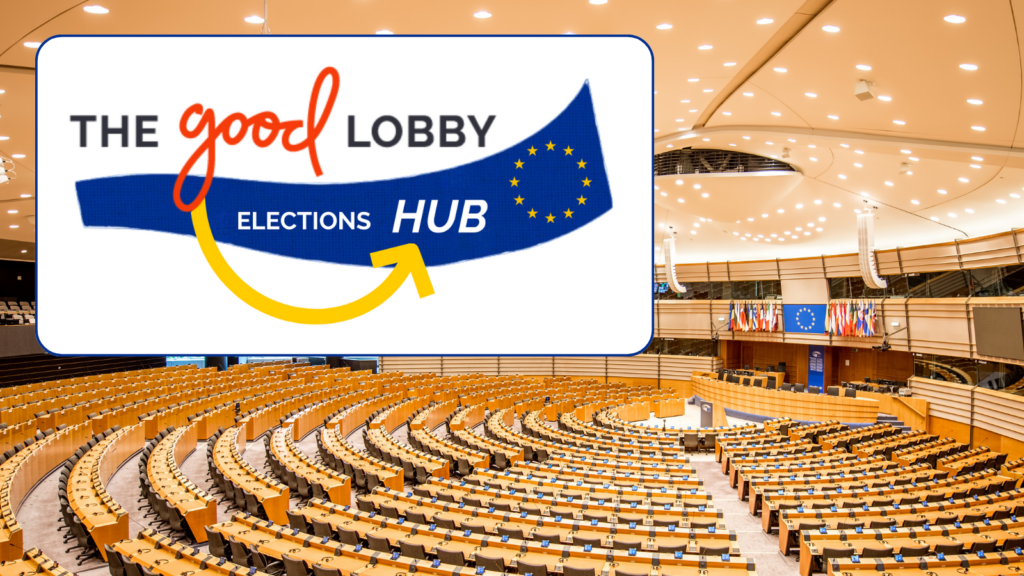18-06-2024
On 11 June, The Good Lobby hosted the webinar “Who will be running Europe? Unpacking the EU elections results” where Professor Alberto Alemanno, founder of The Good Lobby, analysed the results of the European elections.
Below is a recap of the key points that emerged during the webinar:
Election Results and Political Landscape
- The results of the EU elections show an unprecedented presence of anti-establishment, typically far right parties but also the survival of a pro-European Parliament majority.
- The far-right parties have increased their representation but remain disunited, with internal inconsistencies.
- The traditional pro-European coalition (EPP, S&D, Renew) holds a majority but is weakened, thus potentially requiring ‘external’ support on ad hoc basis
- Youth vote is split between pro-environmental stances and far-right protest votes, with the latter being more focused on national issues than EU or climate concerns.
- Non-aligned MEPs have increased by 38%, creating uncertainty about parliamentary groups’ formation.
Implications for Policy and Governance
- The pro-European majority might no longer rely on itself to pursue its political priorities due to its reduced strength.
- The possibility of flexible majorities for different policy areas (e.g., right-leaning for security, left-leaning for environmental issues) appears high.
- How much continuity in pursuing the Green Deal remains unclearthough not the top priority. Other priority areas could include security, defense, industrial policy, and competitiveness.
- Technocratic reports from figures like Mario Draghi are set to shape the Brussels agenda more than the Europarties’ manifestos.
- Formation of Parliamentary Groups
- Group formation is ongoing and will solidify by mid- July.
- Non-aligned MEPs will need to decide on their affiliations, impacting the overall balance of power.
Top Appointments:
- The European Council is set to play a crucial role in appointing not only President of the European Commission, but also the broader package of top appointments, including the President of the EU Council, that of the Parliament (which has to be elected by the Parliament itself), and the designation of the High Representative for Common Foreign Affairs and SecurityUrsula von der Leyen, currently the front-runner, might failed to secure the support of the EU Parliament.
Dealing with Far-Right Politicians:
- Civil society must adapt their engagement strategies to the new political landscape.
- Transparency and internal policies within NGOs are crucial for managing such interactions.
- NGOs and civil society need to strategise on whether and how to engage with far-right politicians, considering not only the risks of legitimising them but also of depriving themselves of access to power. Engagement strategies include:
- Recognising the diversity within far-right parties.
- Balancing engagement with transparency and maintaining internal policies allowing staff to opt-out.
- Preparing for scenarios where far-right politicians drive the agenda.
Final considerations
- In future elections, the electoral competition needs to be Europeanised in order to allow citizens to situate themselves within the EU political space as opposed to do so so exclusively at the national level The political landscape in Europe is expected to be more complex and demanding than ever before, requiring collaboration and intelligence sharing among civil society organizations.
- Through its Elections Hub, the Good Lobby will continue to provide resources and offer support for civil society organisations navigating this new political environment.
Are you ready for the POST ELECTIONS PERIOD?
The Good Lobby Elections HUB